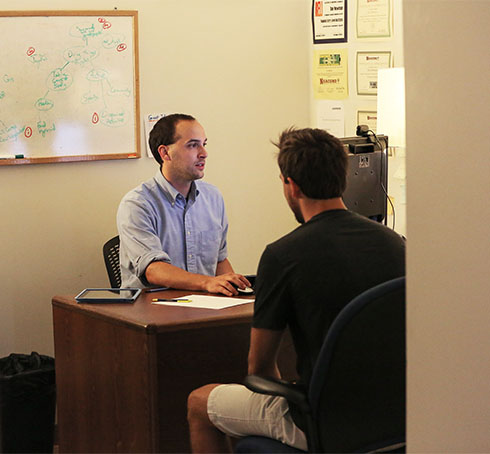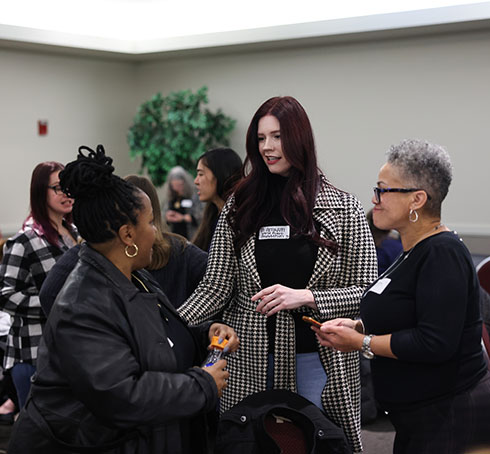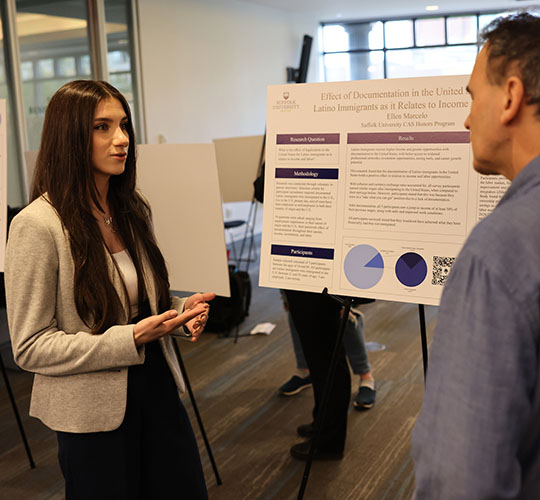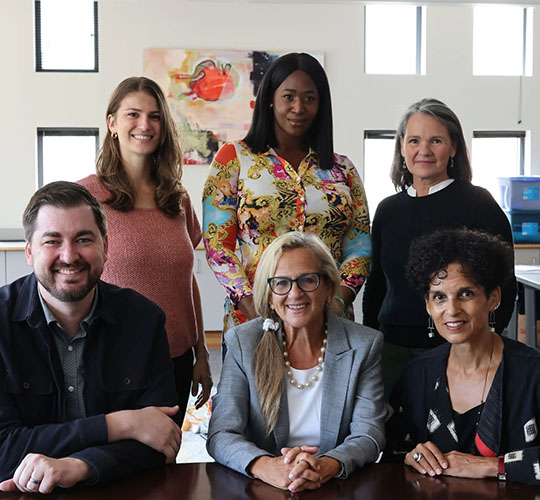Full-Time
Part-Time
30 Credits
Justice in our communities is far more than just arrests, convictions, and exonerations. It’s a complex ecosystem touching on education, corrections, youth programs, mental health care, drug rehabilitation, and much more. Suffolk’s MSCJS program will help you navigate the intricacies of the criminal justice system and empower you to make a difference.
Our dynamic, pragmatic program—located steps away from municipal and federal courts and critical community-based organizations—prepares you to tackle real-world challenges and devise tangible strategies to enhance community well-being and public safety.
As a student in Suffolk’s Master of Science in Crime & Justice Studies program, you will:
- Identify alternative, community-based responses and interventions to crime and disorder
- Assess how other social processes and institutions beyond the criminal justice system affect crime and crime control
- Develop strong communication skills that can adapt to a variety of audiences and research products, such as scholarly papers, policy briefs, grants, reports, and presentations
- Become a more critical media and research consumer who interrogates data presentation, source biases, and the representation of the criminal justice system
- Learn from research-active faculty who bring their experiences into the classroom and provide opportunities for student involvement in projects




 Visit Us
Visit Us Request Information
Request Information Apply
Apply


